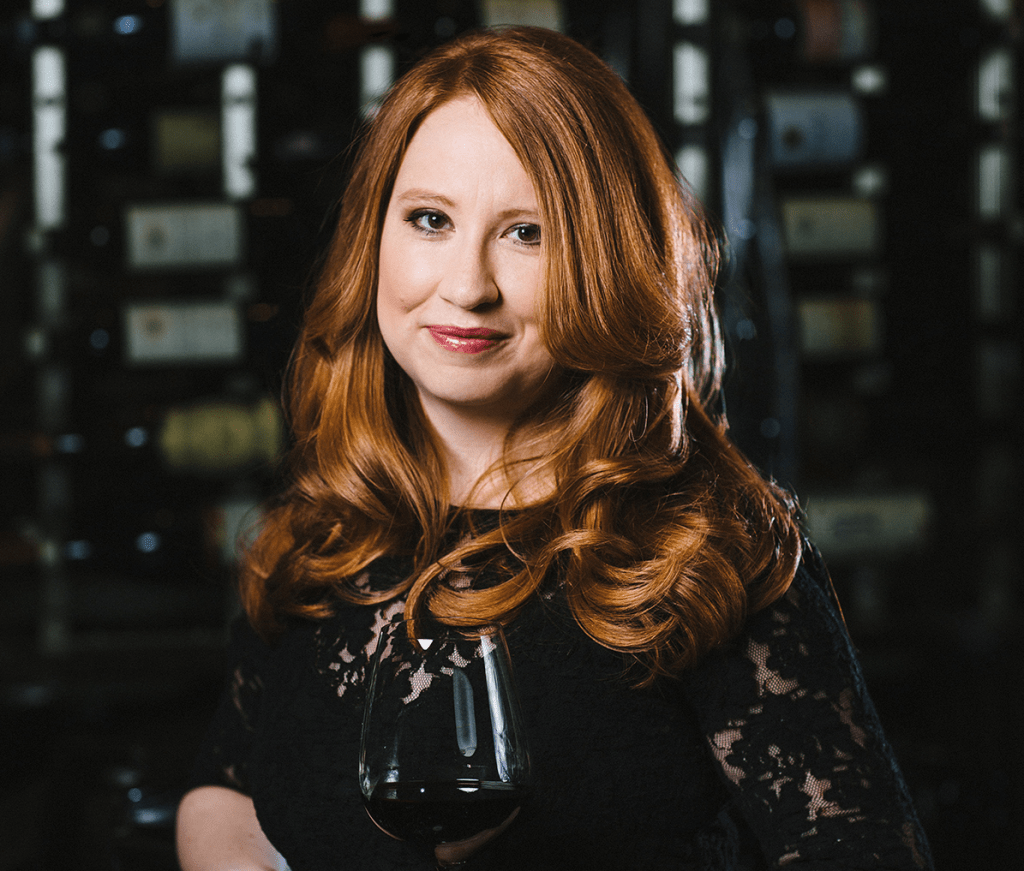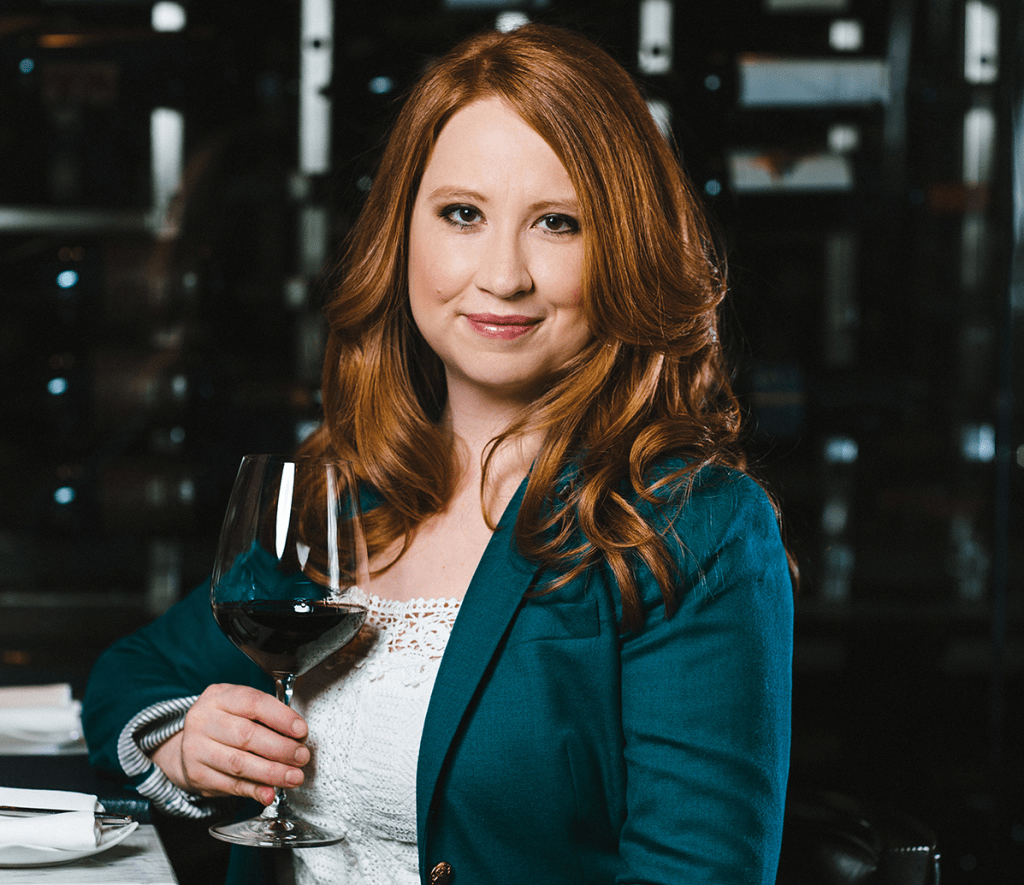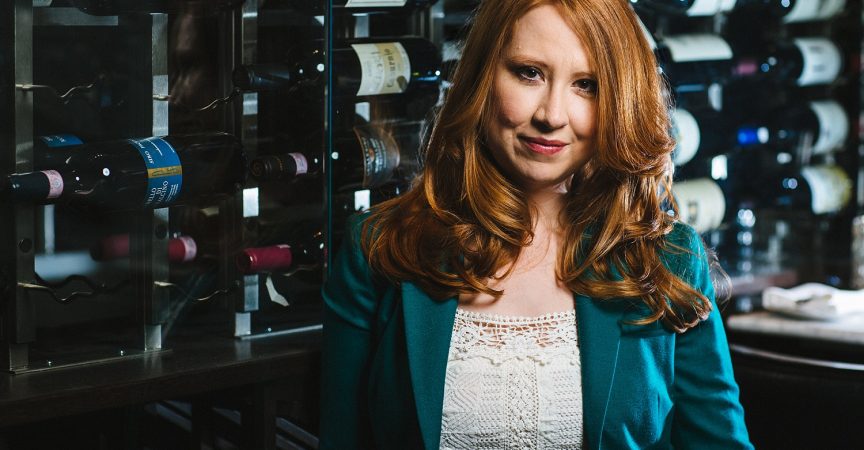Sara D’Amato Speaks to how COVID-19 and the Internet is Changing the World of Wine
In our recent conversations with large brands, independent operators, C-suite execs, and owners of up-and-coming startups, there’s one thing that seems to resonate with everyone – COVID-19 has changed operations forever, both negatively and positively. Andrew Howard, President of Equity Wine Group spoke to MENU about how COVID-19 has driven the brand’s digital presence and said that “not only has COVID accelerated how we use digital marketing, but also our in-person offerings.”
As part of the upcoming Femmes du Vin Harvest Series, the ‘World Wine Web: COVID-19, Wine Clubs and the Future of Wine Online and on the Web’ will take place on November 2, 2020.
Femmes du Vin was founded in 2016 by Sommelier Emily Pearce and is a Canadian not-for-profit organization that provides opportunities for women from all walks of life, ethnicities, and orientations in wine and hospitality. The organization provides education, scholarships, and mentoring, with a strong emphasis on driving equal access and equality across the industry. An integral part of Femmes du Vin is their annual conference – the Femmes du Vin Harvest Series.
The ‘World Wine Web’ panel comes at a pivotal time; as Canada is once again undergoing a serious second wave of COVID-19. With the endless possibilities of how we interact with and digest content through the world wide web, wine as a category and commodity has adjusted to moving more and more online in the last ten years. This has been accelerated in 2020 by COVID-19 where online wine clubs, shops, and education opportunities along with social media influencers have a stronger market share and importance than in previous years.
This panel will unpack how COVID-19 and the internet are reshaping how we engage with all things wine-online and how we can use it to our advantage. Panelists will include Madeline Puckette, Tahiirah Habibi, and Magdalena Pesce, and this session is hosted by Sara d’Amato.
We sat down with Sara D’Amato to discuss this panel, the acceleration of wine trends, and how the industry has been impacted at COVID-19.
Based in Toronto, Sara is a wine consultant, educator, sommelier, wine critic, and principal partner with WineAlign.com. She has worked in cellars both in Niagara and in Bordeaux, France. Sara formerly held the title of Sommelier of Four Seasons Hotel in Toronto and at the Platinum Club of the Air Canada Centre.
Sara writes freelance for a number of publications and travels extensively reporting on classic and emerging wine regions. A graduate of the University of Toronto and Niagara College’s Winery and Viticulture technician program, she continues to participate in judging wine competitions across the country and abroad such as Argentina and Portugal. Sara is the outgoing President of the Ontario Chapter of the Canadian Association of Professional Sommeliers and is an instructor of the Wine and Spirits Education Trust program in Toronto with Fine Vintage Ltd.
With a global perspective, Sara’s paramount focus is on southern French wine regions and she is an accredited Rhône Valley Vineyards Educator. Currently, Sara is reaching consumers and trade through new mediums such as webinars and her Wine Thieves podcasts, co-hosted with John Szabo. Sara sits on the board of BUSA (Best Sommelier of the USA) organizing the next national competition.

Why is this panel/content so imperative for wine professionals at this time?
We are entering a brave new world of wine, dependent on an online presence. It is also a time for bursts of creativity that lead to new ways to enjoy, express, and understand wine. I am thrilled to be involved with a panel that is so diverse and ingenious – all of whom have a strong online presence and don’t see our current crisis as an impediment but as an opportunity to innovatively communicate important ideas.
I think we all know the effects of the pandemic on the overall foodservice and hospitality industry, but can you speak to how the wine industry has been affected by COVID-19?
In ways too numerous to list but that includes an increase in consumption (for most of us), consumers looking for new ways to purchase wine, and a renewed interest in self-education. Travel has been affected so we have to rely on wine to transport us and virtual communication to inform us as critics, agents, and sommeliers. There is also the sad reality that many great restaurants and trade colleagues are in crisis.
What wine industry trends have been accelerated by COVID-19?
Consumption, creativity, more sophisticated means of communication, globalized trends, influencers, and, here in Ontario, less restrictive means of purchasing alcohol.
Are there any wine industry trends that have been put on the back burner due to COVID?
Awards, widespread tasting and judging, in-person community events, and dining experiences to name a few.

Can you take us through what role the internet has played throughout the last five years in the wine industry, how has this continued to evolve throughout COVID?
Shopping has been one of the biggest drivers in the online presence of wine. The internet has helped increase the availability of wine clubs and curated boxes. Through trade agencies and cooperation between producers in wine regions, we have access to more and more knowledge than ever before.
The internet is also one of the best ways to mobilize and coordinate both consumers with respect to events and giving a platform to the voicing of opinions. Learning to sift through those opinions is becoming more of a challenge – encouraging transparency should be the role of wine professionals. Education has also been significantly influenced by the internet over the past five years, allowing greater reach to students not in urban centres and otherwise unable to participate in courses and certifications.
The internet has also provided a big boost to the viewership of national and international competitions. This type of viewership is key in giving trade professionals the confidence to compete. Finally, it has allowed us all a platform that does not require privilege in order to contribute to the global wine conversation.
How important are social media influencers to the wine industry?
Influencers are a double-edged sword. Some influencers aim to carry out a message responsibly with due diligence, research, and have a background in wine to rely upon. Yet, many use their influence as paid advertisement and lack integrity and objectivity. It is an issue we will surely unpack in this panel discussion. The voice of the critic, the learned journalist, and the educated messages from wine professionals are all at risk and many have already been compromised. The availability of “free information” relies on sponsorship. Wine is not the only industry being affected by this phenomenon.
How do you expect the role of the internet to change post-COVID?
Post-COVID will likely result in more sophisticated means of communication that will likely stick. The internet should also improve reach when it comes to education and should result in greater diversity in voices in the world of wine. I hope that it encourages diversity among the trade as well which is sadly lacking in many places.
On the negative side, we should expect to contend with an increase in sponsored content and a blurring of lines when it comes to research, journalistic approaches to wine reporting.









